How To Get Rid Of Bugs On Plants Naturally
Garden pests come in all shapes and sizes, which makes gardening a challenging endeavor at times. The best preventative measure to take to encourage a pest-free garden is to keep your soil healthy and the pH levels balanced. However, we know that a healthy garden attracts raccoons, rabbits, beetles, and other pests. We've compiled an arsenal of 22 tried-and-true ways to combat garden pests without the use of harsh pesticides.
22 Ways To Combat Garden Pests Without Chemicals
1. Enlist the Help of Feathered Friends
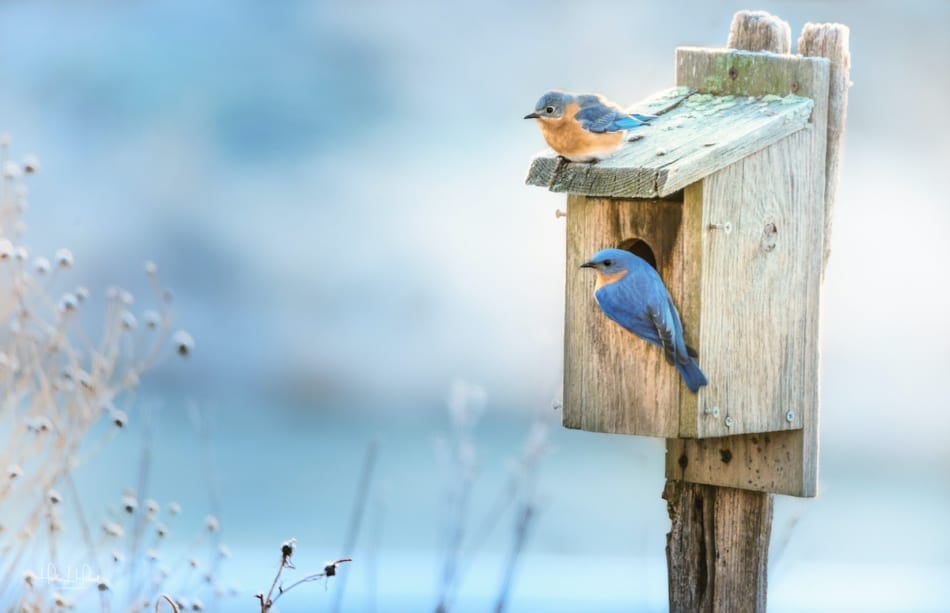
Birds consume lots of insects and are natural and attractive garden residents. Lure bug-eating birds to your garden area by placing a birdbath regularly filled with fresh water. This will also deter them from picking a tomato for the juice. Erect a bird feeder close by as well. Keep it filled with seeds in late autumn through early spring. This way, the garden will be their existing haven, and when summer rolls around, and they will feed on the insects at hand. Guinea fowl set loose in the garden or lawn will eat ticks, hornworms, and Japanese beetles. Most won't scratch or ruin plants or eat the vegetables as chickens may.
2. Banish Japanese Beetles With Garden Lime
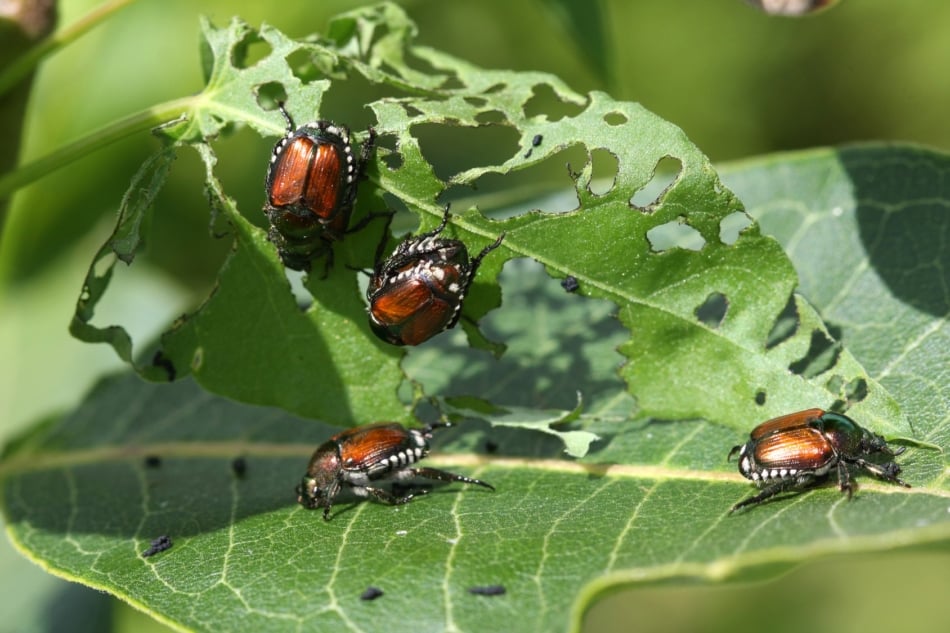
Dust green beans with garden lime to repel Japanese beetles.
3. Use Food-Grade Diatomaceous Earth
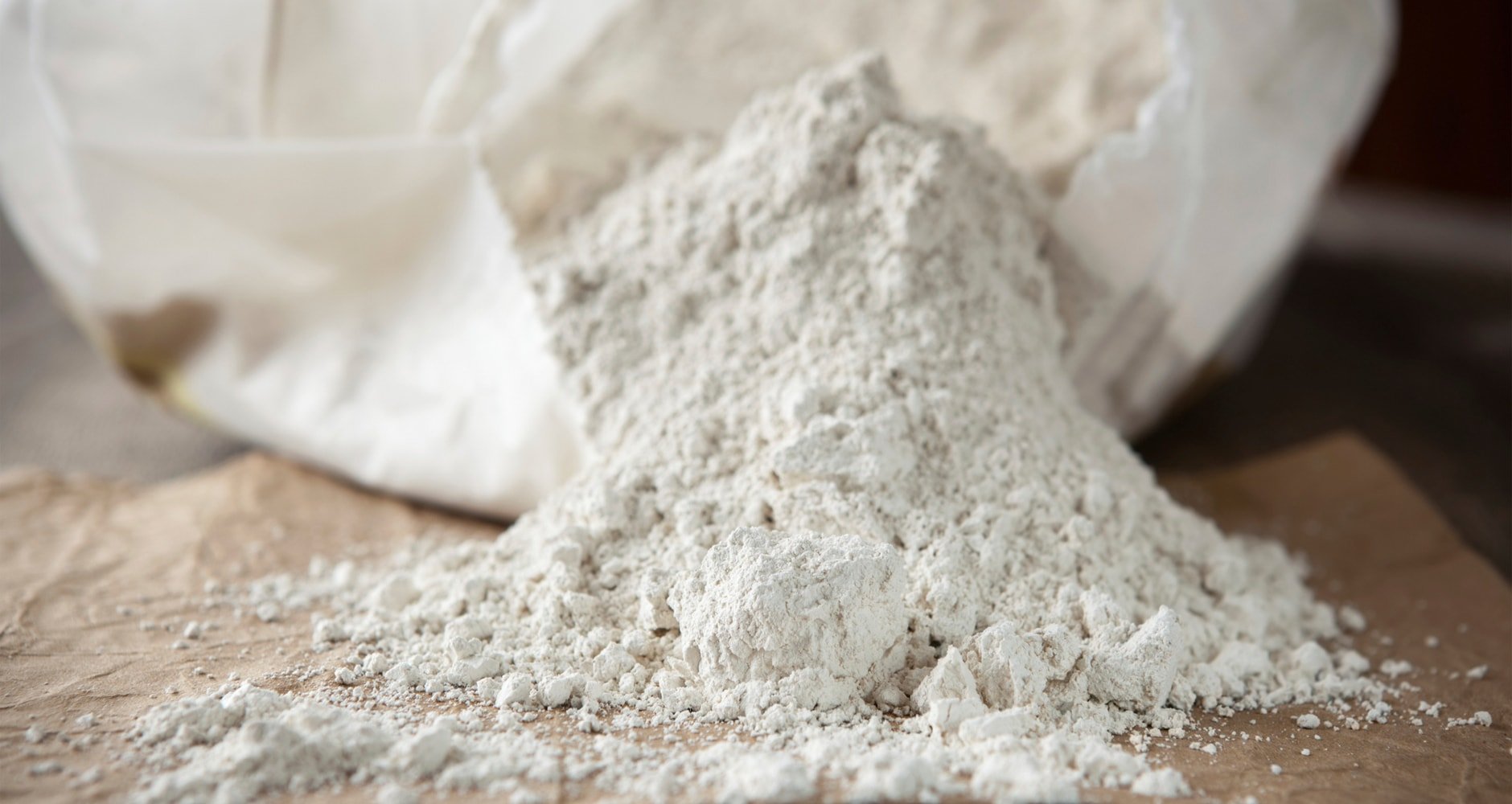
Food-Grade diatomaceous earth acts as a natural, abrasive barrier to crawling insects like stinkbugs. Sprinkle food-grade diatomaceous earth beneath growing watermelon, cantaloupe, squash, and all fruits and vegetables resting on the ground, as well as on plant leaves.
4. Spice it Up To Repel Loopers!
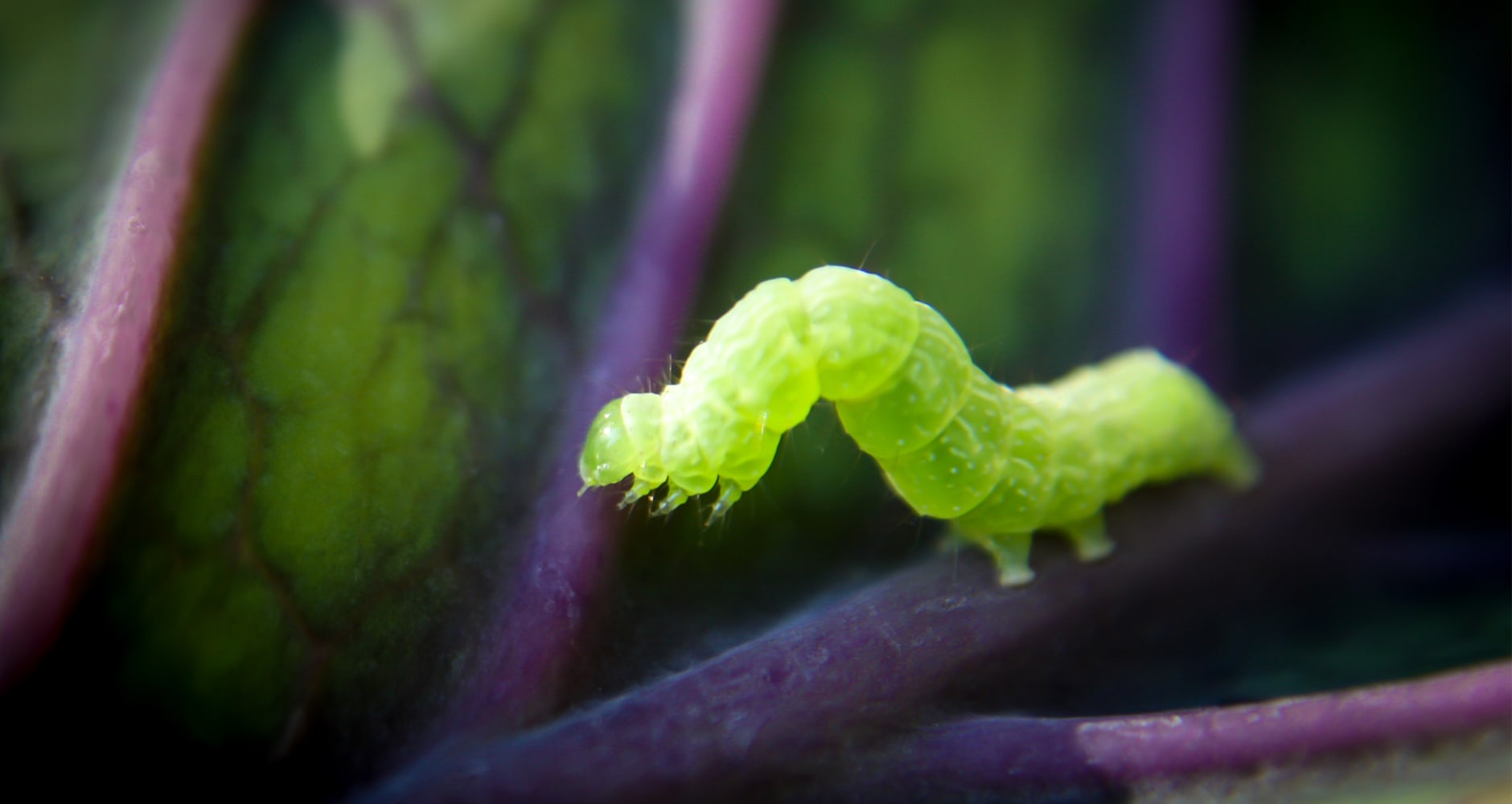
To deter cabbage loopers from eating the leaves of cabbage, Brussels sprouts, or kale, add 3 teaspoons cayenne pepper to 1 quart of water. Place in a spray bottle and apply to leaves, stems, and the ground directly surrounding each plant.
5. Adios, Aphids
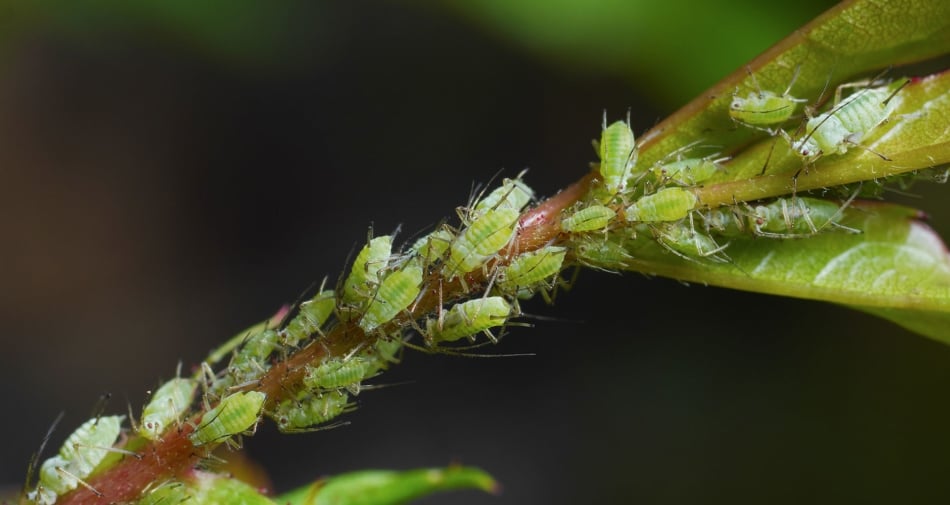
Aphids and grasshoppers can wreak havoc in flowerbeds and vegetable gardens. Try this: blend 2-4 hot peppers, 1 mild green pepper, and 1 small onion, and a one-quart jar of water.Pour mixture into a spray bottle and apply as needed.
6. Make A DIY Bug Spray For Plants
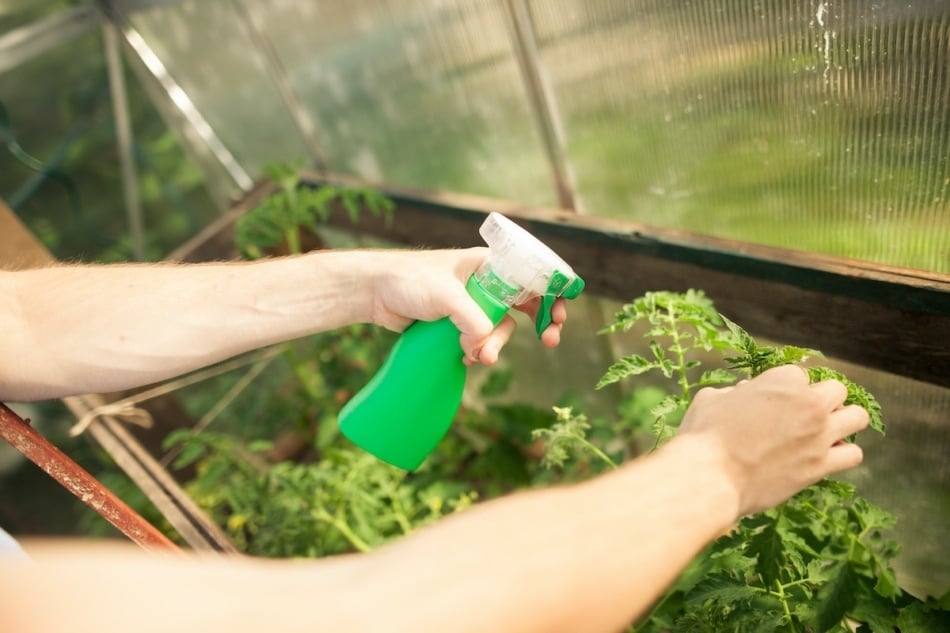
An all-purpose pest-control spray can easily be made by adding 2 teaspoons of liquid dish soap to a spray bottle of warm water. TIP: Add the soap after the bottle is filled to prevent bubbling over.
7. Deter Squirrels With Fish Fertilizer
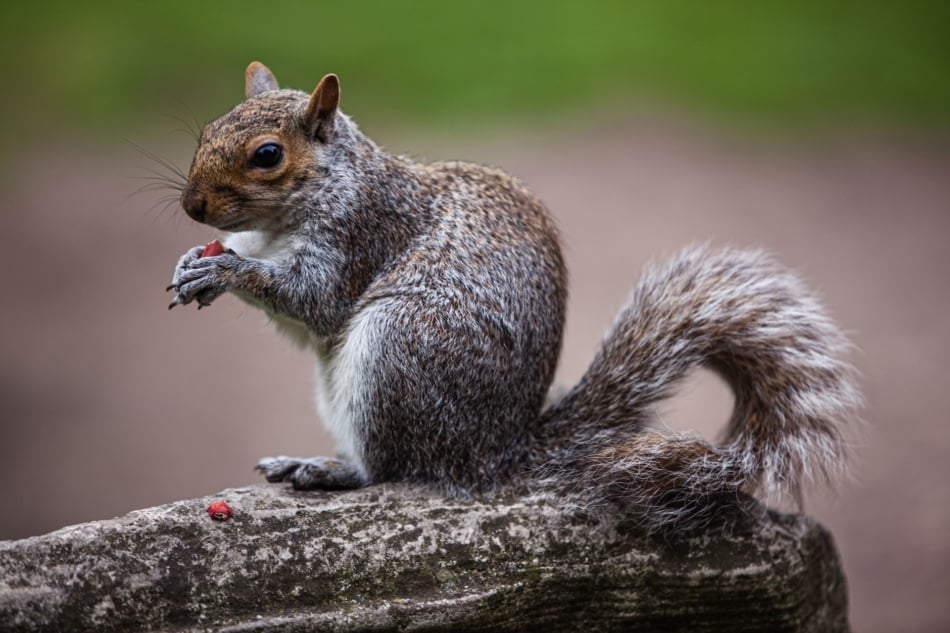
Stop squirrels from digging up planted corn with a mixture of 2 tablespoons liquid fish fertilizer to a gallon of water sprayed on rows. Check out these other squirrel-proofing strategies!
8. Keep Dogs and Cats Out With Chopsticks

Discourage bigger pests such as cats or dogs from entering flower or garden beds by erecting lots of chopsticks or plastic forks in the ground among the seedbeds, and surrounding young, tender plants. This leaves no room for animals to dig or disturb the plants, helping them get a good start. Try these other repellents to pet-proof your garden.
9. Deter Deer With Blood Meal
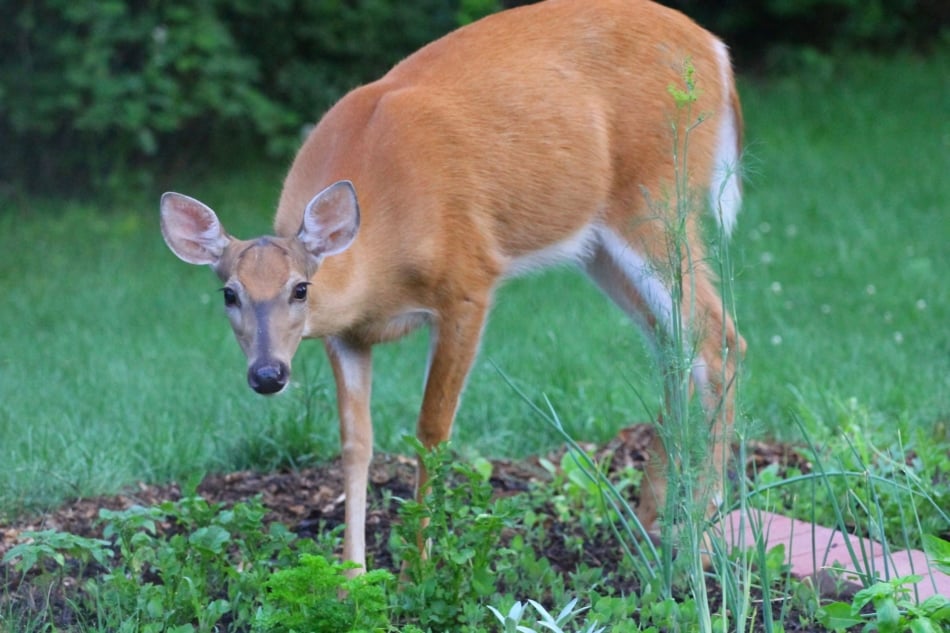
Scatter dried blood meal (available at any home and garden center) on the ground between rows of vegetables in the garden every week to 10 days to deter deer. This works for rabbits and groundhogs, too. However, blood meal tends to attract dogs. Sprinkle garden lime on top of the blood meal to repel the dogs. Or try this deer deterrent spray.
10. Bye, Bye Bullwinkle

Bright orange tape wrapped around stakes surrounding your garden plot has been known to keep moose away.
11. Repel Raccoons, Skunks, and Snakes With Garden Lime
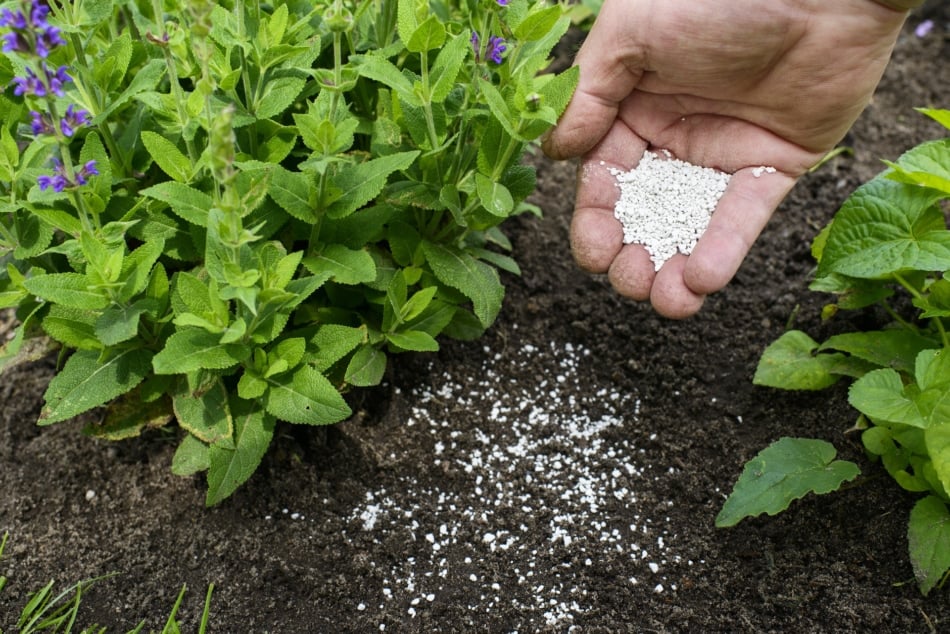
Keep these critters out of the garden by applying a wide stripe of garden lime around the garden perimeter. When an unwanted critter licks off the lime it will experience an unpleasant burning sensation, and hopefully, leave the garden.
12. Onions To The Rescue
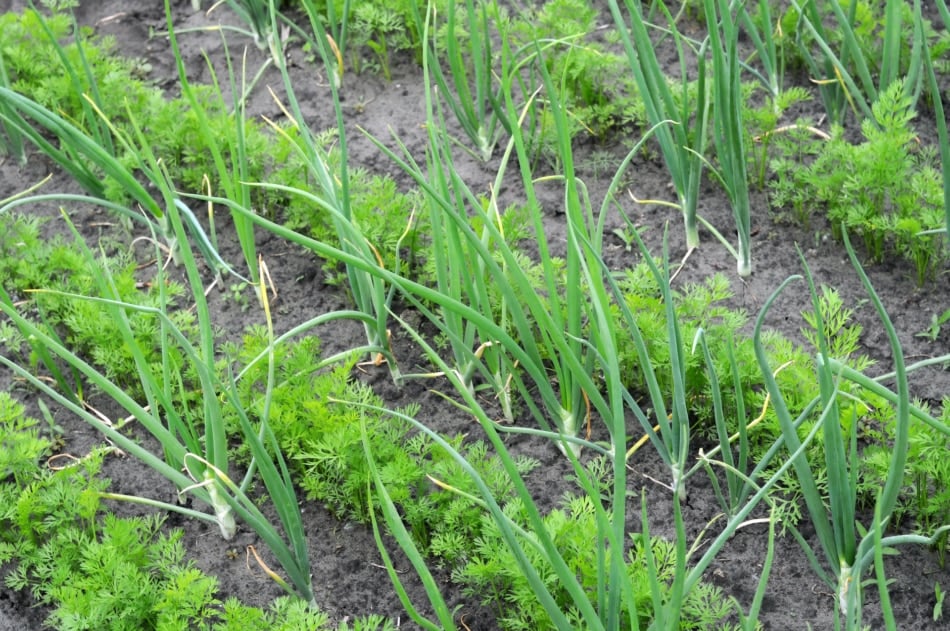
Onions and/or garlic act as an insect deterrent when planted around or between all the other plants that insects tend to disturb. Check out these other companion plants that help in the garden!
13. Mums The Word
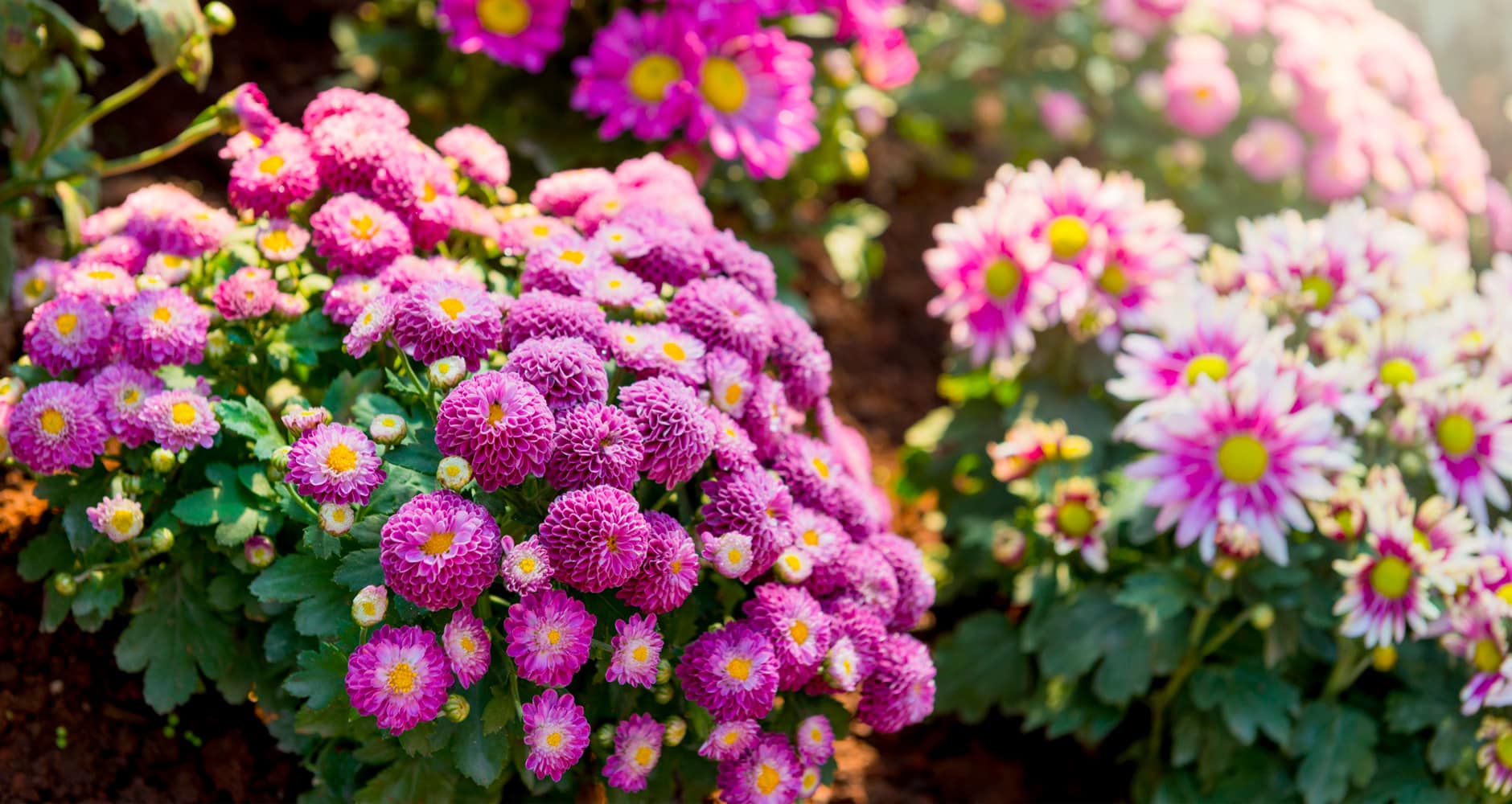
Plant chrysanthemums around your home to keep out bedbugs, fleas, lice, roaches, ants, and more. They also act as a repellent to ticks, spider mites, Japanese beetles, and other garden pests.
14. Protect Fruit Trees With Onions
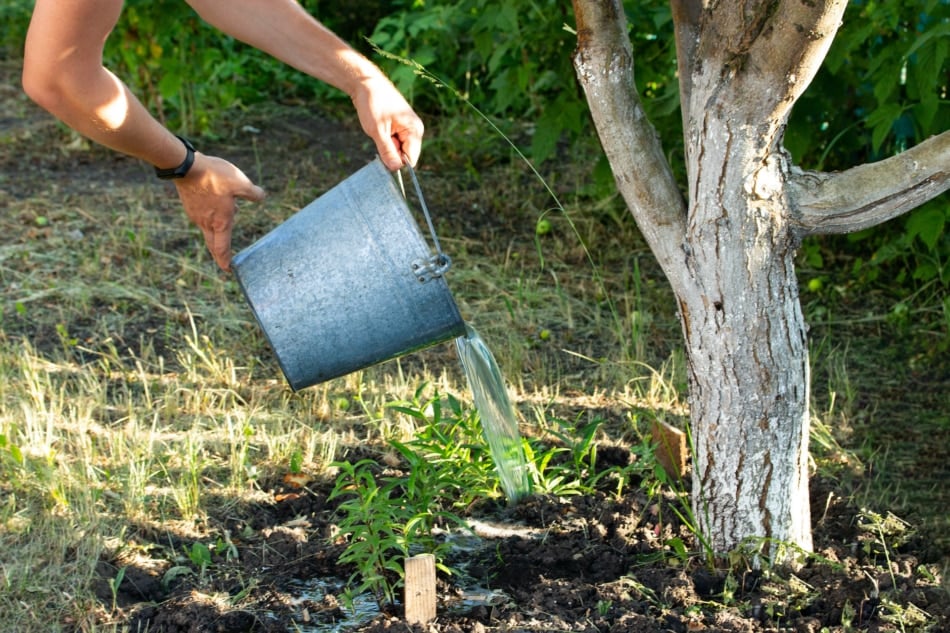
Keep borers from drilling into the base of fruit trees in the orchard by planting a circle of onions or garlic around the tree trunk.
15. Plant Garlic To Help Raspberry Bushes
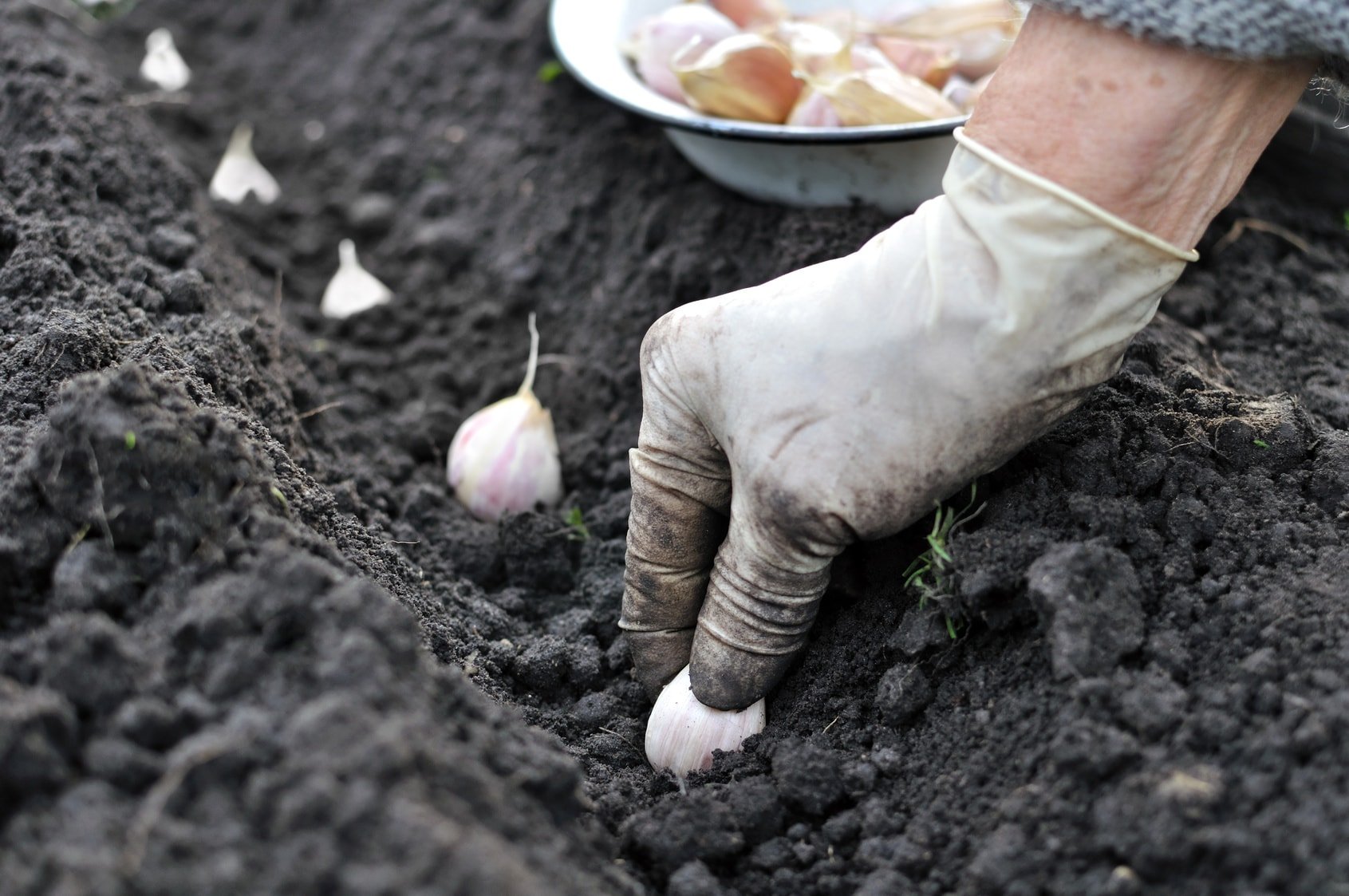
Garlic planted alongside raspberries will stop beetles from destroying the crop.
16. A Potato-Bean Friendship
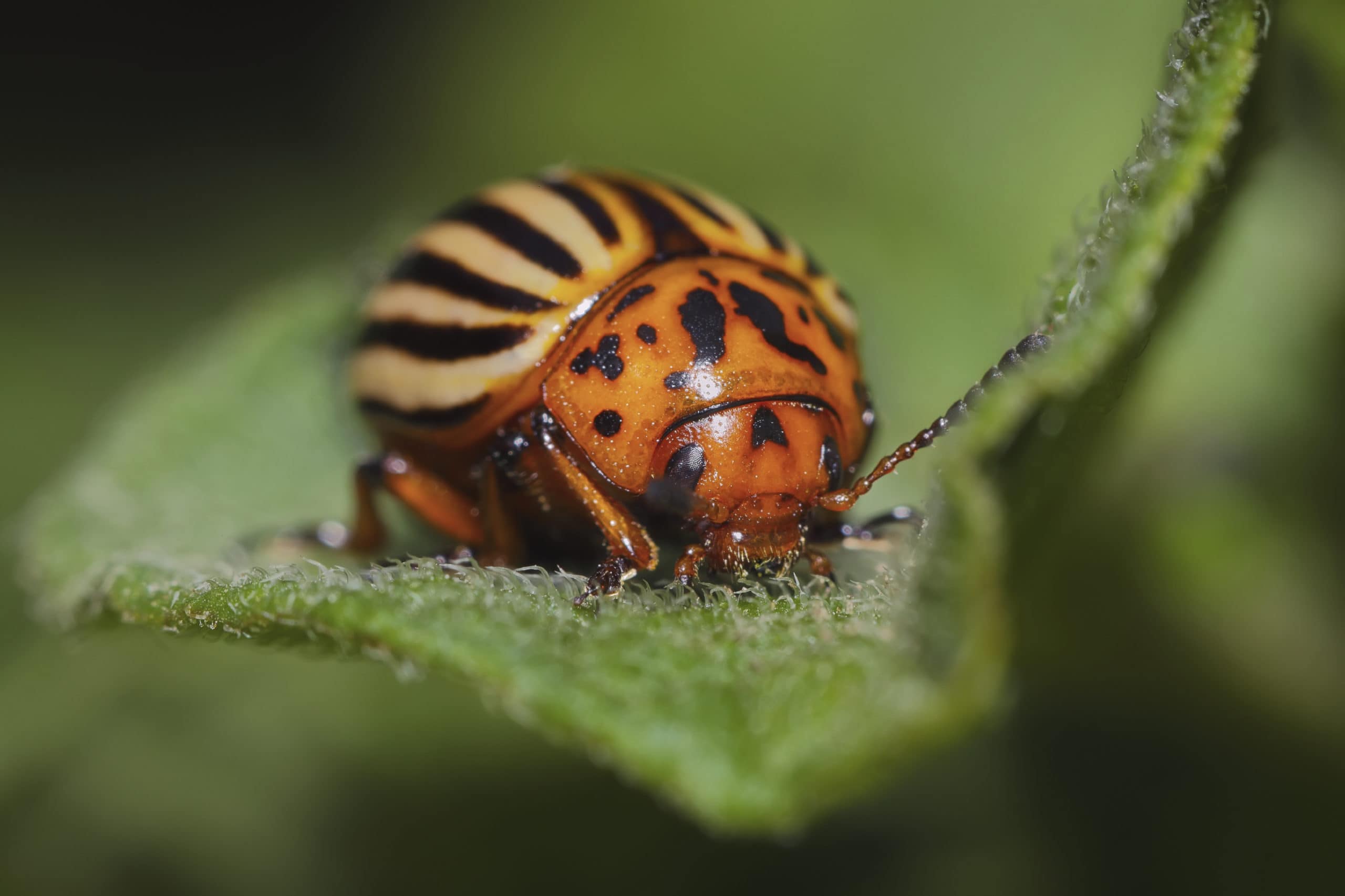
Bush beans planted in alternate rows with potatoes protect them against the Colorado potato beetle. The potatoes in return keep bush beans from the Mexican bean beetle.
17. Radish Rescue
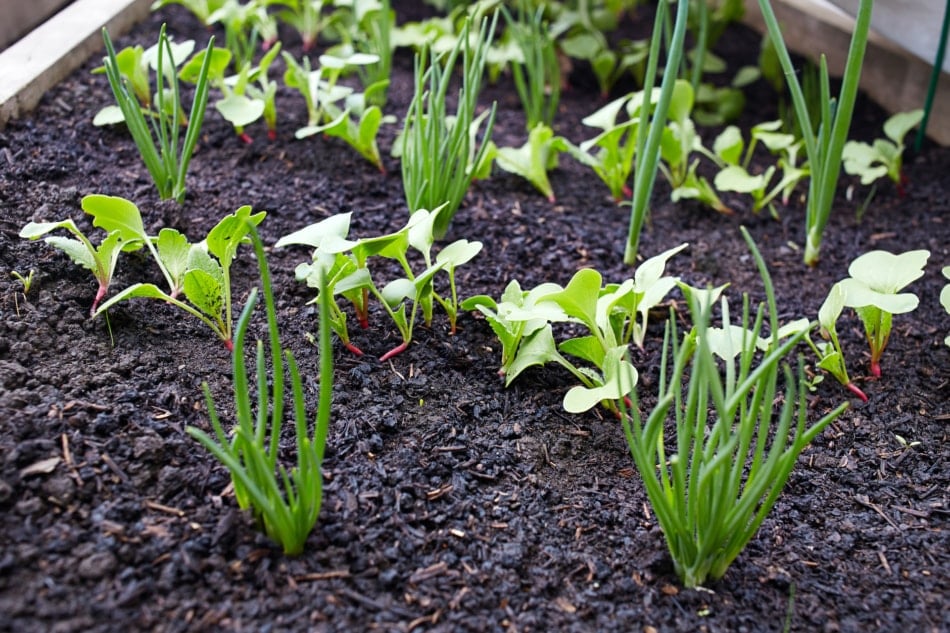
Radishes deter beetles when planted around crops of beans, peas, squash, melons, and cucumbers.
18. A Yummy Salad
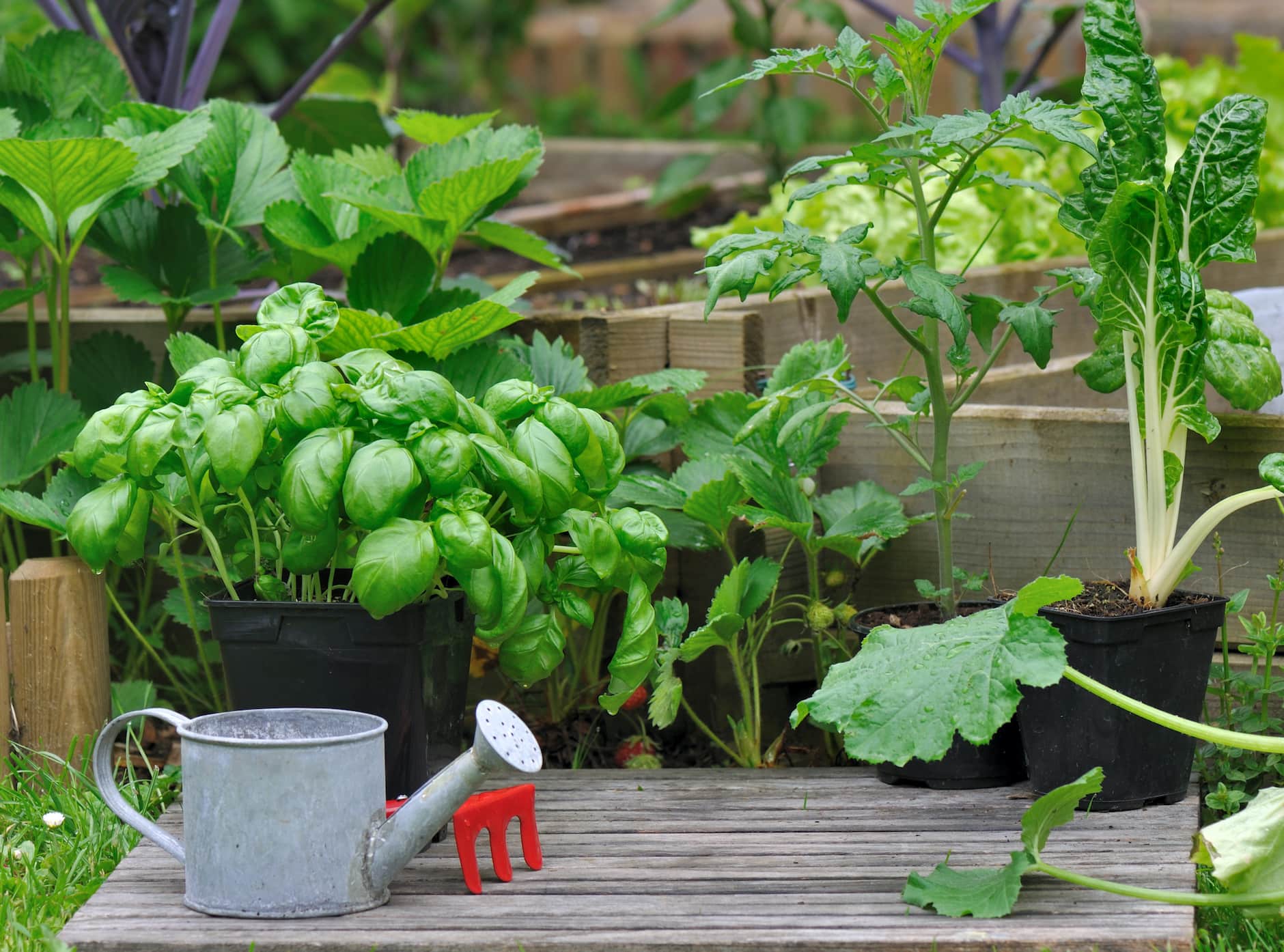
Plant basil next to tomato plants to help protect them from an attack of harmful insects and disease. This will also enhance the plant's growth.
19. Herb's the Word
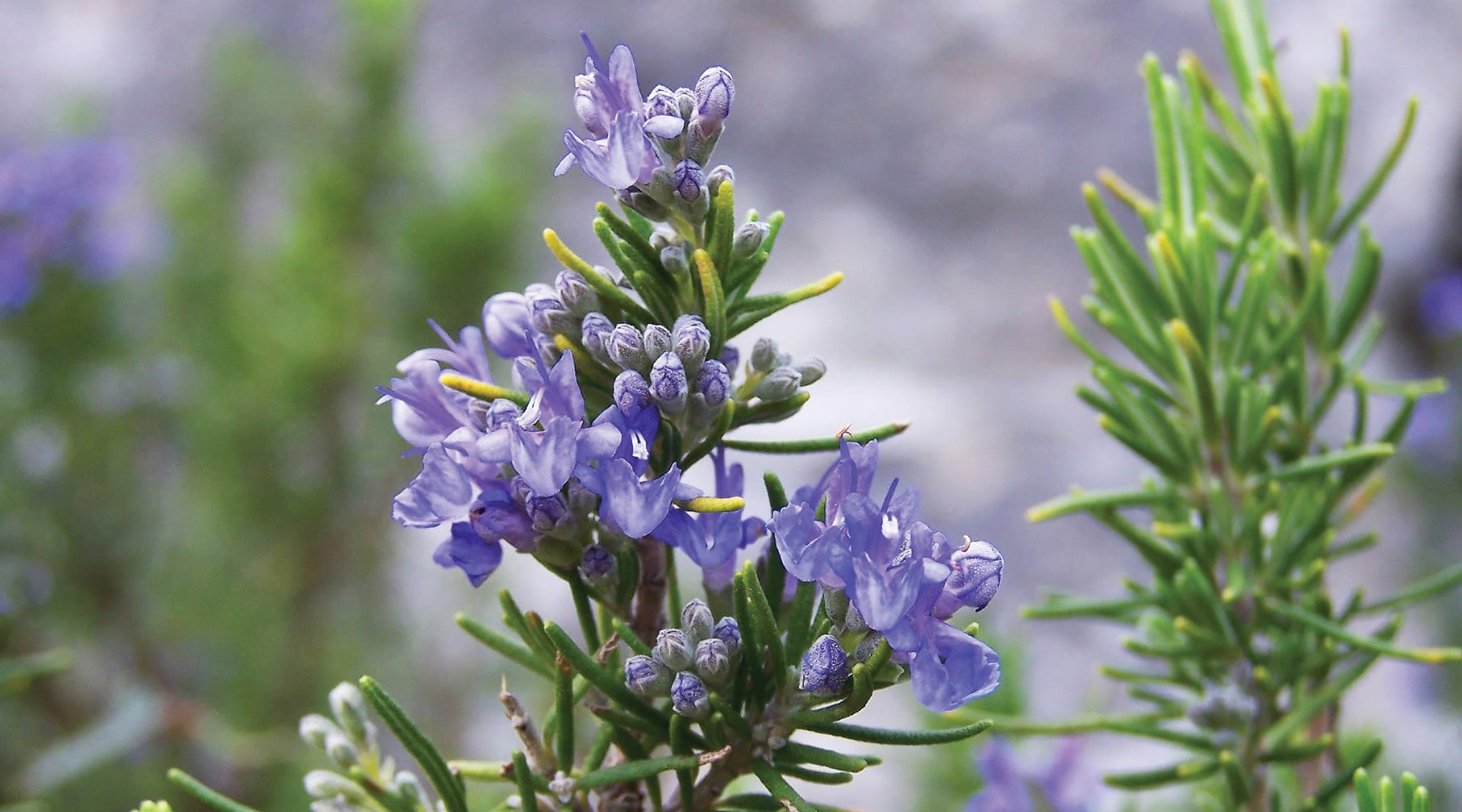
The aromatic herb rosemary is a valuable companion plant in the vegetable garden as it deters bean beetles, cabbage moths, and carrot flies.
20. Catnip—Not Just for Cats!
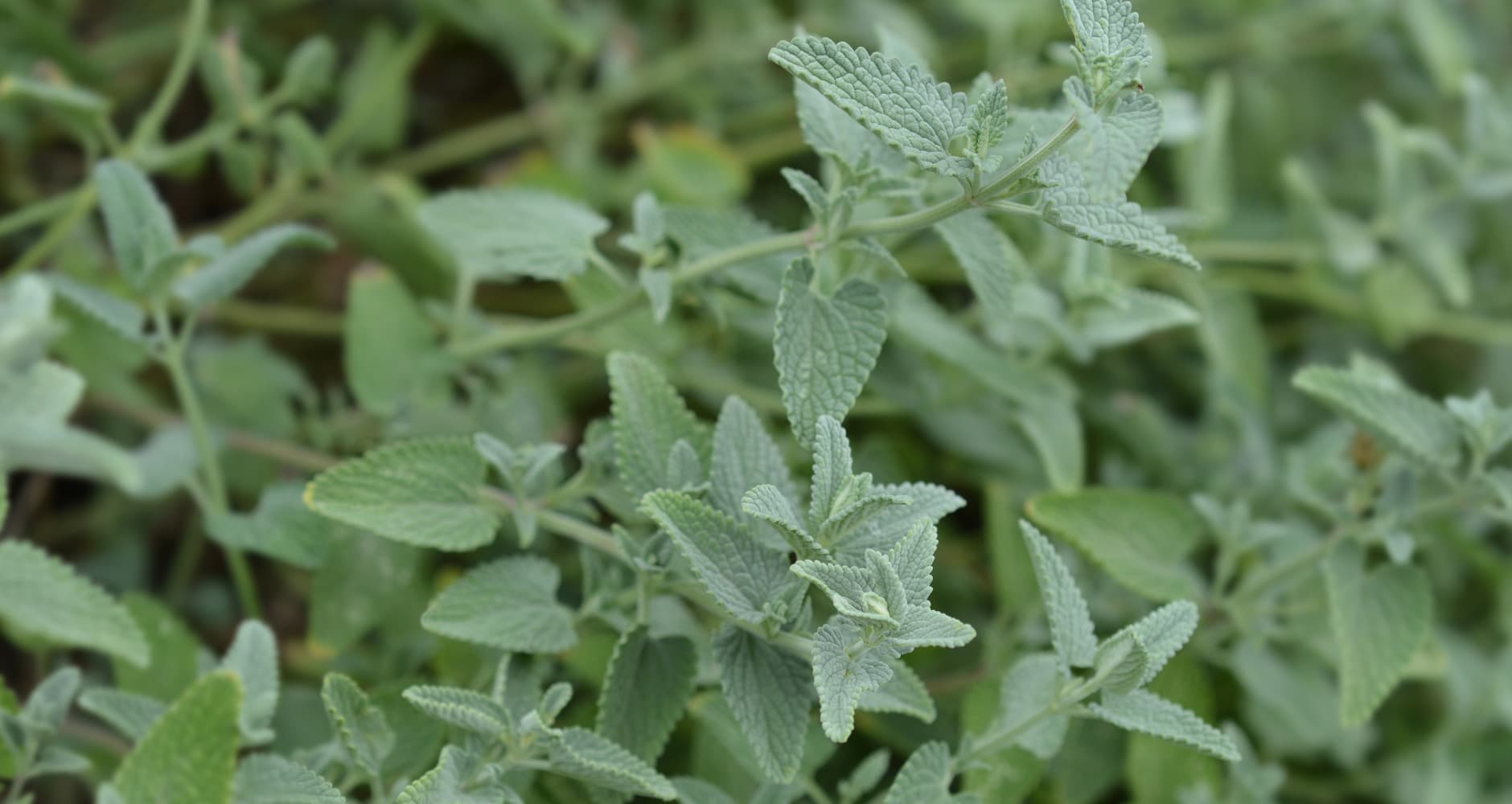
Interplanting catnip and tansy with zucchini and cucumbers will reduce the population of cucumber beetles.
21. Petunia Deterrent
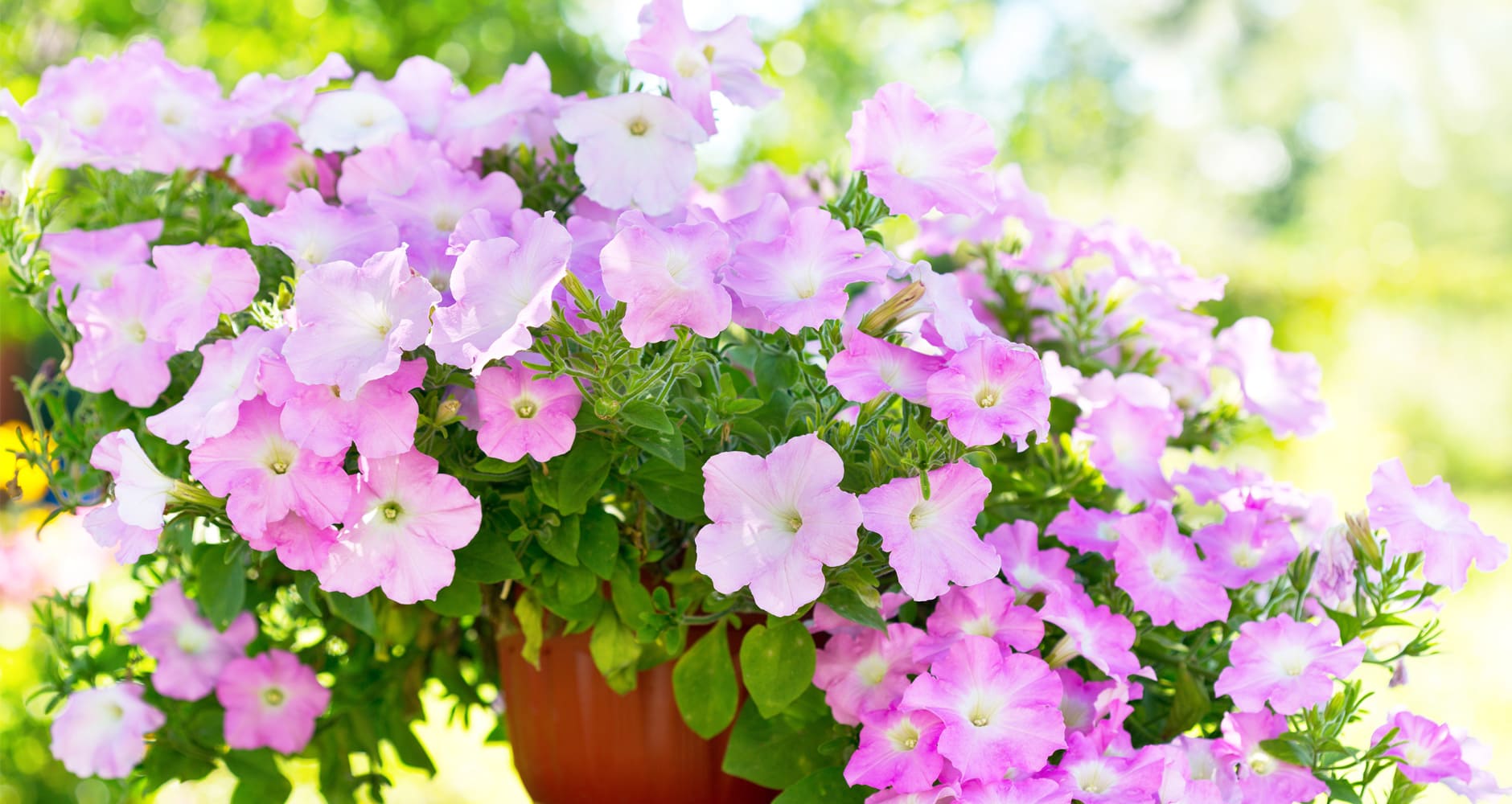
Plant petunias around beans and potatoes. Petunias help keep the Colorado potato beetles (pictured above) away.
22. Ants Away With Tansy
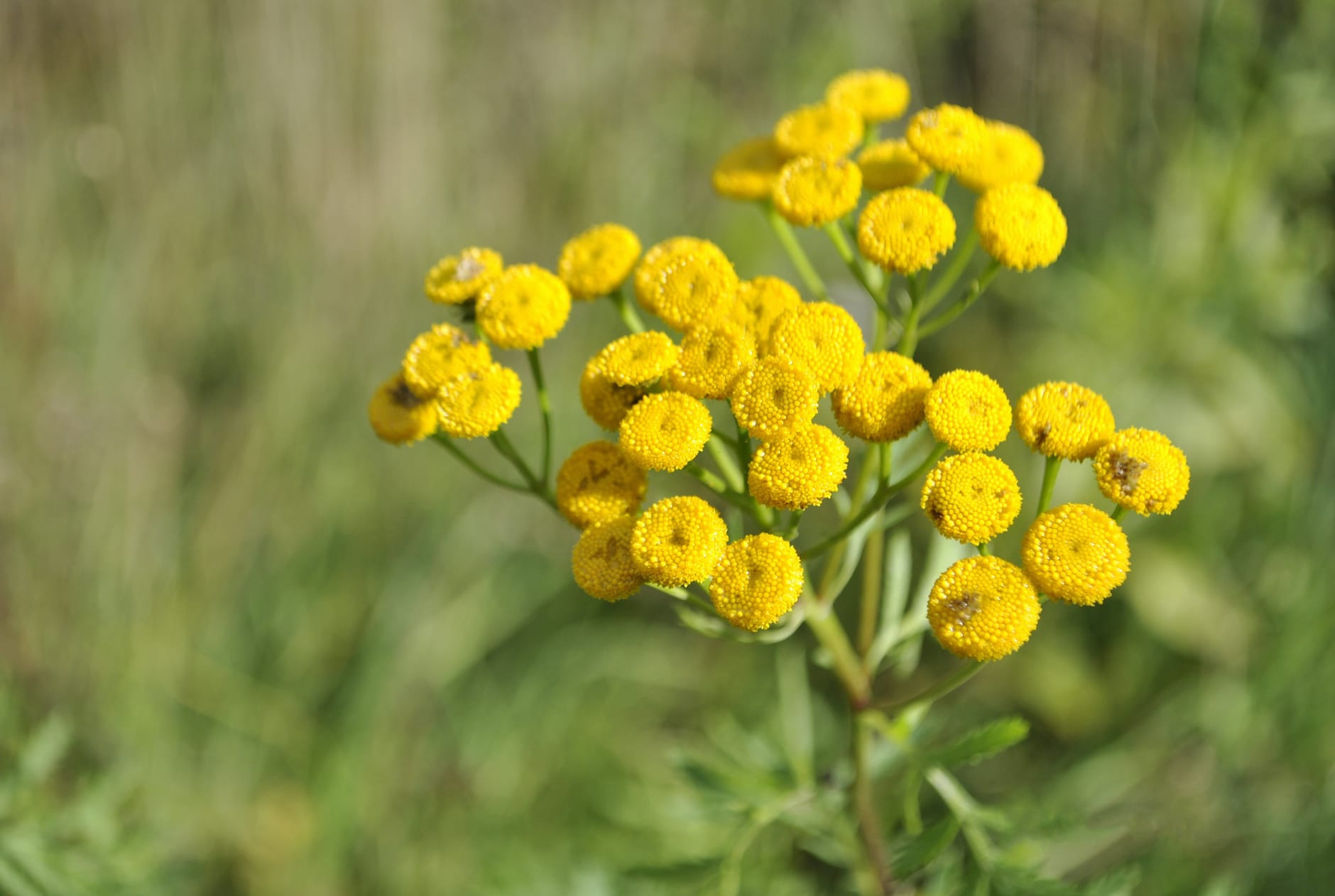
Grow tansy to discourage ants and aphids from the garden and greenhouse. Plant it around your garden, and buildings. Ants carry aphids. Discouraging ants will help keep aphids away from the garden.
Looking for more companion planting strategies? We have them here!
Helpful Strategies For The Gardener
- To remove tiny deer ticks quickly from your clothing when working on the lawn or in the garden, use duct tape, packing tape or a tape lint roller. Roll it over yourself and your pets periodically when you're out working in the garden.
- To keep gnats away from your face, while working outdoors, wear a wide-brimmed hat (check out our Outback Hat!). Gnats will not fly under the brim and make a nuisance.
- Make yourself unattractive to bees, black flies, and other flying pests. When working outdoors, don't wear perfume, hairspray, scented deodorant, or brightly colored clothing.

Deborah Tukua
Deborah Tukua is a natural living, healthy lifestyle writer and author of 7 non-fiction books, including Naturally Sweet Blender Treats. She has been a writer for the Farmers' Almanac since 2004.
How To Get Rid Of Bugs On Plants Naturally
Source: https://www.farmersalmanac.com/combat-garden-pests-naturally-20886
Posted by: zimmermanwidat1975.blogspot.com

0 Response to "How To Get Rid Of Bugs On Plants Naturally"
Post a Comment